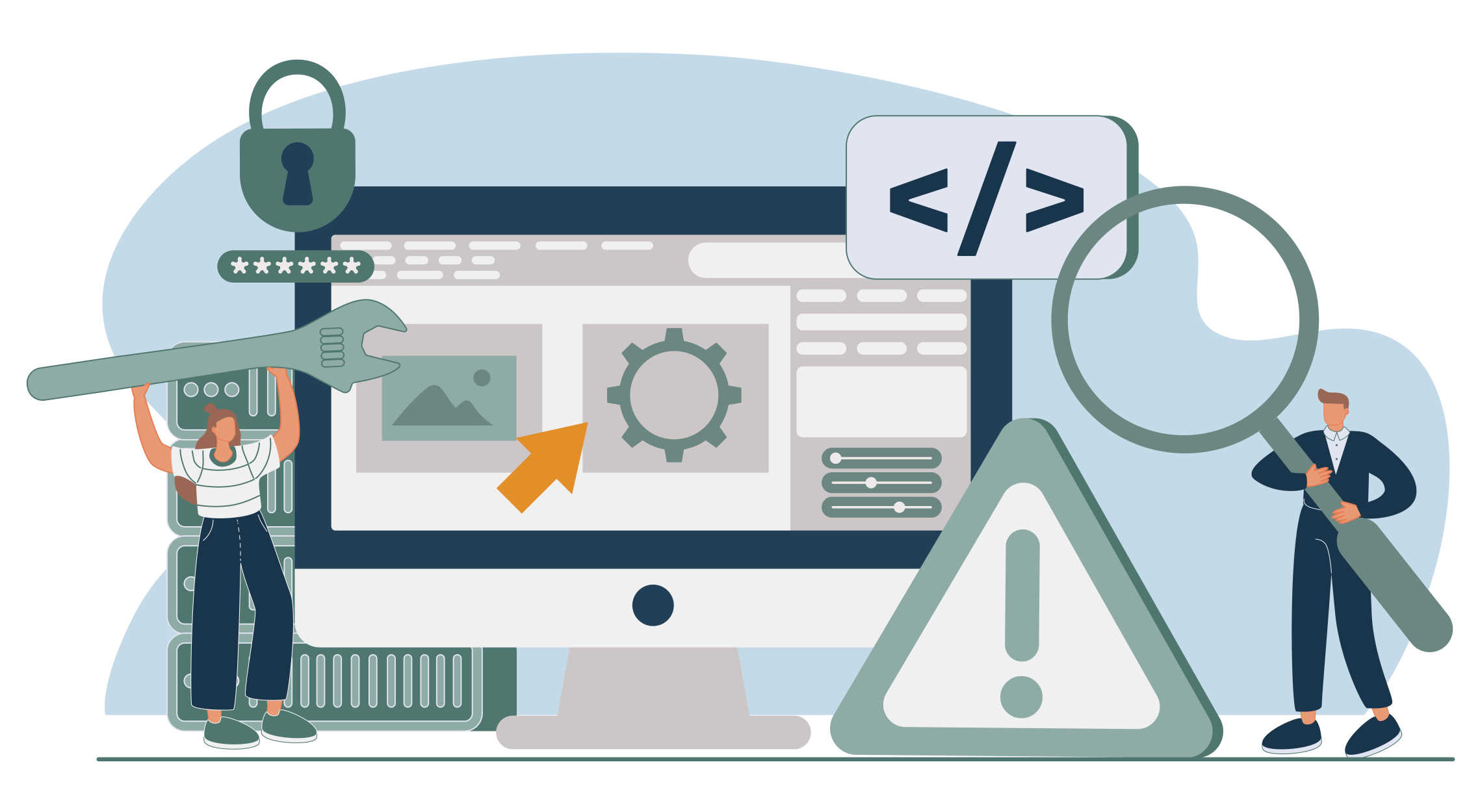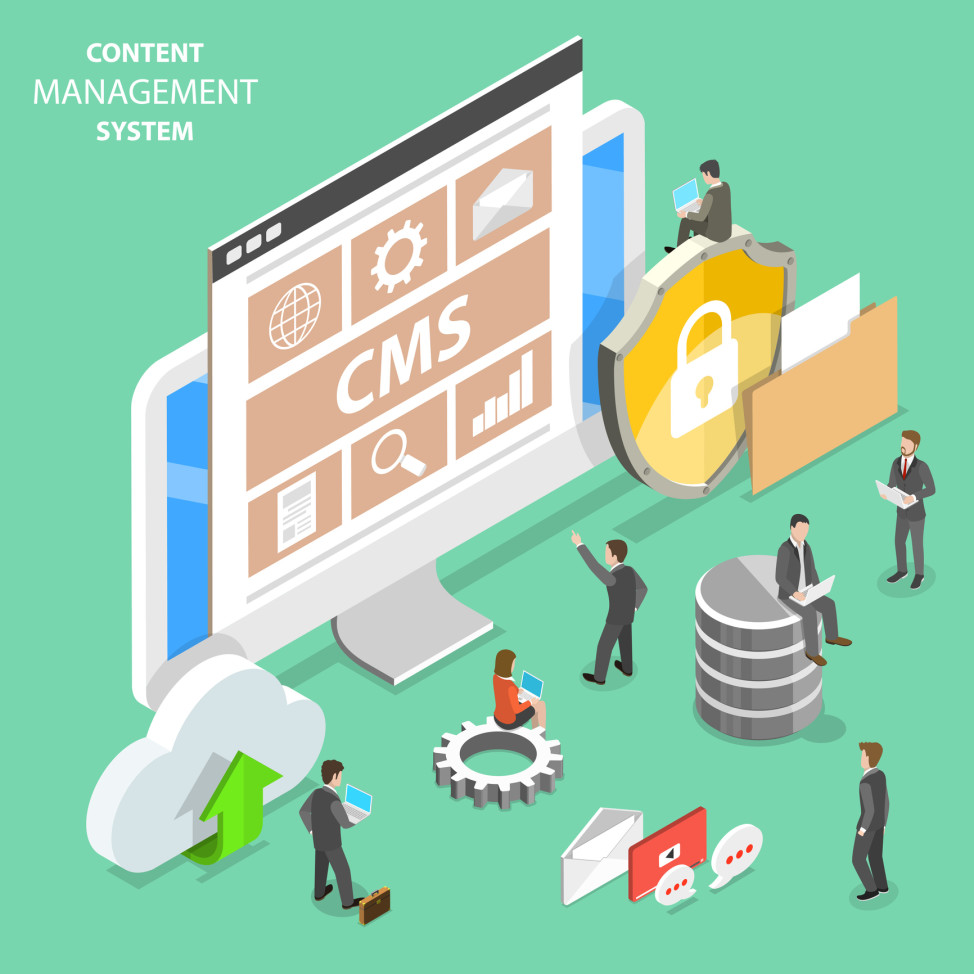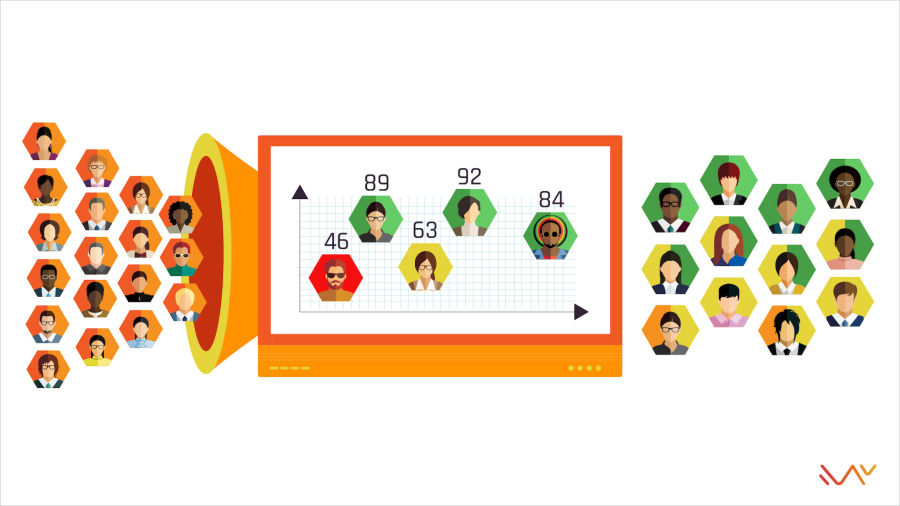//
Mar 8, 2023
Best Content Management Systems in 2023
In today's digital age, managing content effectively has become an essential aspect of running a successful online business.
CMS platforms provide businesses with the necessary tools to create, organize, and publish website content efficiently. With the increasing popularity of CMS platforms, it can be challenging to determine which one is the best fit for your business. In this blog, we will discuss the top CMS platforms in 2023 and their features, pros, and cons to help you make an informed decision about which one suits your business needs.
So, whether you're starting a new website or looking to switch your current CMS platform, let's dive into the best Content Management Systems in 2023.
What is a CMS?
CMS stands for , and it is a software application that helps users create, manage and deploy website content without the need for extensive programming knowledge. CMS platforms allow businesses to organize and manage their digital content effectively. It is essential for digital marketing as it simplifies the process of creating, updating and publishing content on the website.
There are several popular CMS platforms available, such as Wordpress, Drupal, Joomla, Hubspot CMS, and Magneto. Each platform has its own set of pros and cons, and businesses must choose a CMS that meets their specific needs.
We will explore each of these CMS below.
Understanding the Importance of a CMS

Content management systems (CMS) have become an essential tool in the world of digital marketing, facilitating the creation, management, and delivery of digital content across multiple channels. They have become so ubiquitous that they are now an integral part of our day-to-day lives in this field, much like breathing is an essential part of our daily existence.
Just as we unconsciously breathe in and out without thinking about it, we use CMS systems to manage our digital content without always being fully aware that we are doing so. From creating and publishing blog posts, to managing social media accounts and email marketing campaigns, CMS systems have streamlined and simplified the process of producing and delivering content to target audiences.
The ease and efficiency of using a CMS system have made it a go-to solution for digital marketers across the globe. They enable marketers to manage and organize vast amounts of content, track performance metrics, and analyze customer behavior, all from a single platform. This allows marketers to make informed decisions about content creation and distribution, ultimately leading to better engagement and conversion rates.
Related: No Component Present for embedded-entry-inline
Things to consider that make up your CMS:
SEO: Search Engine Optimization is crucial as digital marketing continues to grow and expand. Achieving a high SERP rating is the result of integrating SEO best practices into your CMS.
Content Creation: Often overlooked, but just because the backend of the CMS may be fully built doesn't mean the website would function as intended if there were no content displayed on it.
- Asset management
- Integrations
- Development options
- Deployment
How do I know what CMS is best for me?
When selecting a CMS, it's essential to consider several factors such as the purpose of the website, the level of technical expertise required, the size of the website, and the scalability of the CMS. Additionally, users should take into account the ease of use, security features, and customization options.
With so many options to choose from, it's important to do thorough research and compare the different CMS options before making a final decision. It's also crucial to keep in mind that the best CMS for one person or business may not be the best for another, so it's essential to choose a CMS that meets specific requirements and preferences. By carefully evaluating the available options, users can ensure that they select the CMS that's right for them and their unique needs.
Wordpress
currently, Wordpress is easy to use and allows for a wide range of customizations.
Pros:
A free, open-source application that allows you to customize and fine-tune its code to suit your website's requirements.
- Wide range of customization options
- Variety of free and premium themes
- Allows for the use of plugins that enable you to integrate different applications into the website to automate workflow.
- Offers an open-source e-commerce plugin called WooCommerce to set up an online store on your website.
- Utilizes Shopify plugin for e-commerce
Cons:
Due to its popularity, Wordpress is prone to security vulnerabilities. The best way to avoid these issues is to keep the CMS and plugins updated regularly.
- Not ideal for complex access control workflow
- Teams that require the use of Wordpress UI themes
Drupal
Another free and open-source CMS software used in a variety of industries from entertainment, education, healthcare, media and publishing, and many more.
Pros:
- Over 44,000 free modules (third-party integrations)
- Over 2,800 free themes to extend the website's functionality
- Excellent security, taxonomy support, and multilingual support
- Custom CMS creation
- Plugin integration with Shopify, Google Analytics, Hubspot, Salesforce, Mailchimp and Tableau
Cons:
While Drupal offers several excellent features, its main issue is that it is not a beginner-friendly CMS.
- Need an experienced web developer to manage
- Difficult to manage and update from a technical standpoint
Joomla
Similar to Wordpress and Drupal, with being a free, open-source CMS, this platform offers a lot of the as well as other perks that make Joomla a powerful CMS for a diverse content mix strategy.
Pros:
- Supports multilingual websites
- Multi-level user permissions
- Mobile-friendly CMS
- A vast number of features without the need for third-party integrations or extensions
Cons:
- Steep learning curve and not beginner-friendly
Hubspot CMS

This platform is well known for being a marketing automation provider. It can also be a CMS platform that perfectly integrates the two services to consolidate everything into one place.
Pros:
- Consolidates marketing automation and CMS into one service
- Can create, manage and track the performance of blog articles, landing pages and emails from one place
- Offers SEO features and mobile-friendly themes
- Creates a more personalized experience with smart content, chatbots and live chats
- Built-in analytics tool
Cons:
- Designing and developing the CMS is different than other platforms and has a learning curve
- Difficult site migration if you choose to switch CMS platforms
Magento
A widely used open-source CMS for the e-commerce industry.
Pros:
- Features a drag-and-drop page builder
- Schedules website updates
- Personalization features such as customer segmentation, visual merchandising, etc
- Manages multiple websites from one backend
- Launch multilingual sites
Cons:
If you want to take advantage of customer reward programs and targeted promotions, then you will be forced to use the premium service, Magento Commerce, instead of the free version, Magento Opensource.
- Magento Commerce offers more features and targeted promotions but comes at a hefty yearly price tag of $22,000
- Needs a lot of updates and attention
- Site migration is not smooth when the time comes
Knowing what is best for you
when choosing the CMS that is right for you, from the most basic of information, pricing, SEO friendliness, and usability to the more technical jargon of technology stacks, coding language, and backend management. Choosing the right CMS all comes down to what you believe is the best fit for your company and what features you would most commonly use. There is no wrong choice at the end of the day, as long as you have a CMS that works for you.







